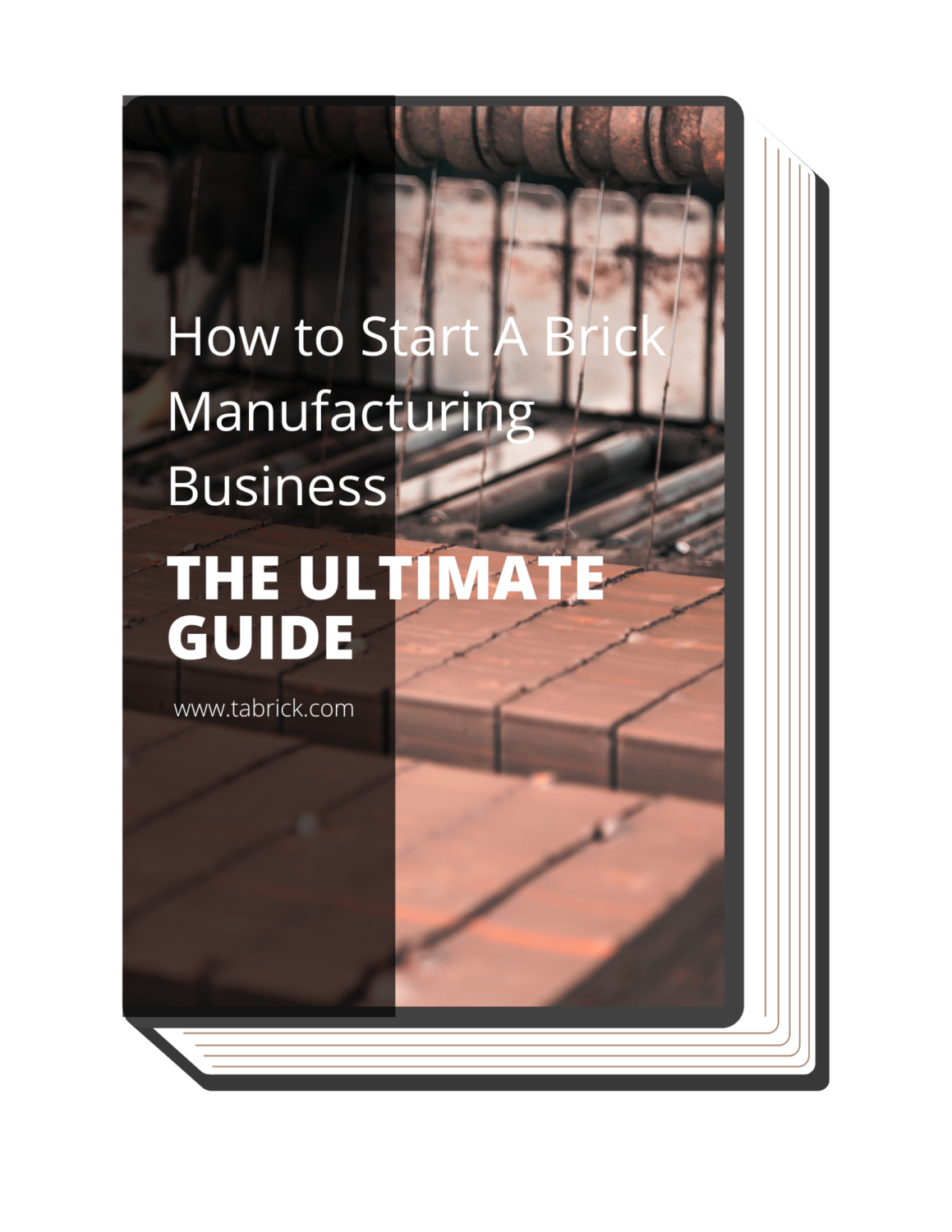#1 Production Capacity
It's essential to choose a machine with a production capacity that meets our business's demand. For instance, if our daily requirement is to produce 5,000 bricks, we should look for a machine that can at least meet or exceed that number.
#2 Brick Size and Mold Compatibility
The machine should be compatible with different brick sizes and mold types to cater to various project requirements. For example, if we need to produce bricks of varying dimensions for different construction projects, we should ensure that the machine can accommodate those sizes.
#3 Quality of Bricks
A machine that produces high-quality bricks with consistent strength, weight, and finish is essential. An uneven or weak brick may compromise the structural integrity of a building.
#4 Machine Reliability and Durability
The machine should be made from robust materials and designed for long-term use. Ilot World stated that, a total of 82% of companies have experienced unplanned downtime over the past three years and that unplanned downtime in manufacturing can cost a company as much as $260,000 an hour! Choosing a machine built to last reduces downtimes, ensuring continuous production and avoiding costly interruptions.
#5 Ease of Operation and Maintenance
The machine should be user-friendly and require minimal maintenance. This will reduce the need for specialized training and ensure that our employees can operate the machine efficiently. I really appreciate it when a machine is user-friendly and needs minimal maintenance. It saves time and effort on specialized training, and it helps our employees operate the machine more efficiently.
#6 Availability of Spare Parts and Support
It's crucial to choose a machine with easily available spare parts and reliable support from the manufacturer or distributor. This ensures that if any issues arise, they can be resolved quickly, minimizing downtime.
#7 Training and Technical Support
The manufacturer should provide training and technical support to help our staff become proficient in operating and maintaining the machine. This is vital for ensuring smooth production and minimizing potential issues. At Tabrick, we prioritize customer satisfaction by offering comprehensive training and technical support. Our expert team collaborates with our staff, ensuring they grasp the machine's operation.
#8 Budget
When evaluating a manual fly ash brick machine, it is important to consider not only the initial purchase price but also long-term expenses like maintenance, spare parts, and labor costs. Taking these factors into account will help in determining if the machine is a suitable investment that aligns with the available budget.
#9 Manufacturer Reputation
Investigating the manufacturer's reputation in the industry concerning quality, reliability, and customer support is crucial for making a well-informed investment decision. It's important to choose a machine from a reputable manufacturer known for producing high-quality, reliable machines. This will give us confidence in the machine's performance and longevity.
#10 Environmental Considerations
As responsible business owners, we should consider the environmental impact of the fly ash brick machine. We should look for a machine that consumes less energy, produces minimal waste, and has a low noise output to minimize its environmental footprint.




